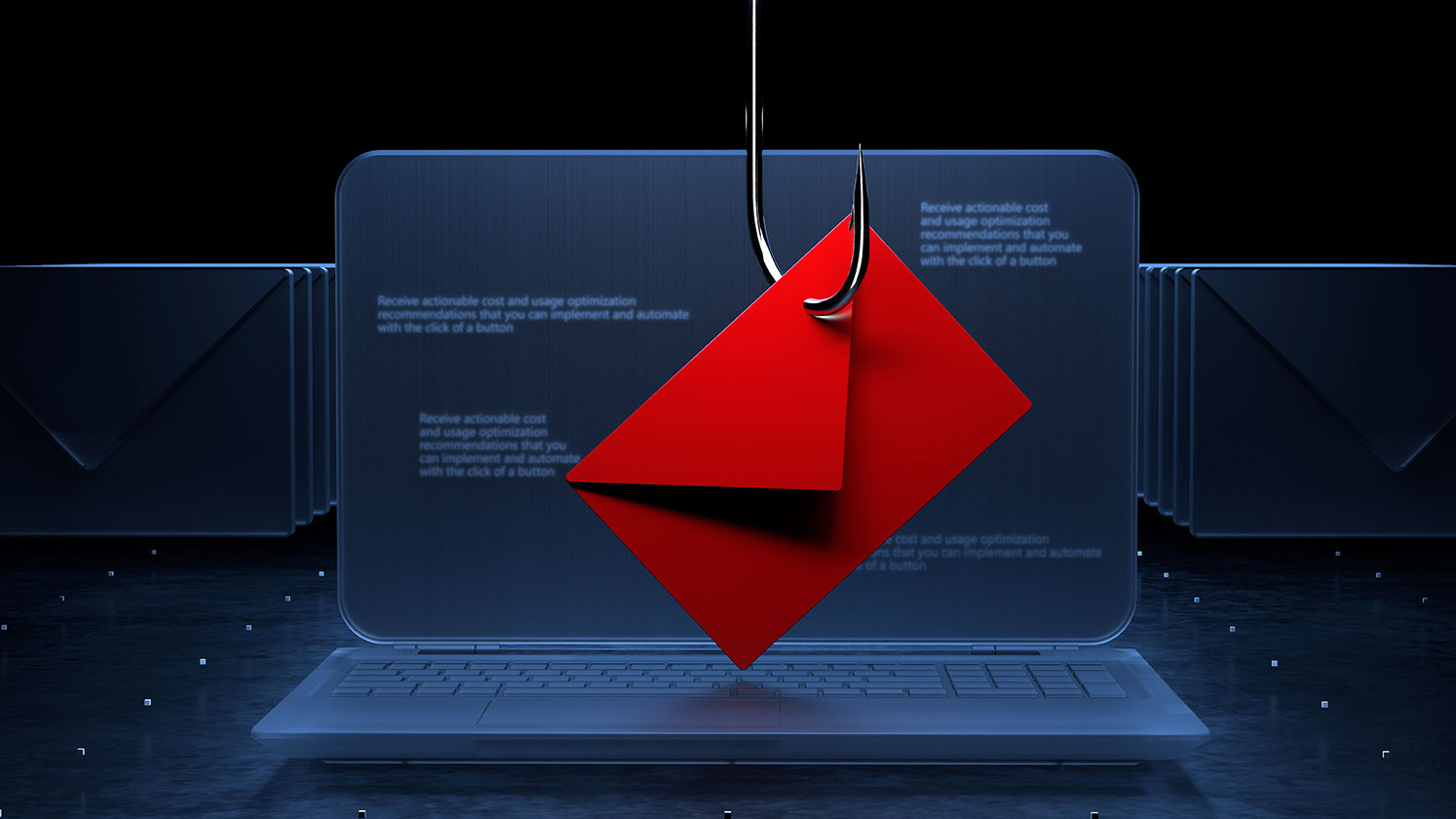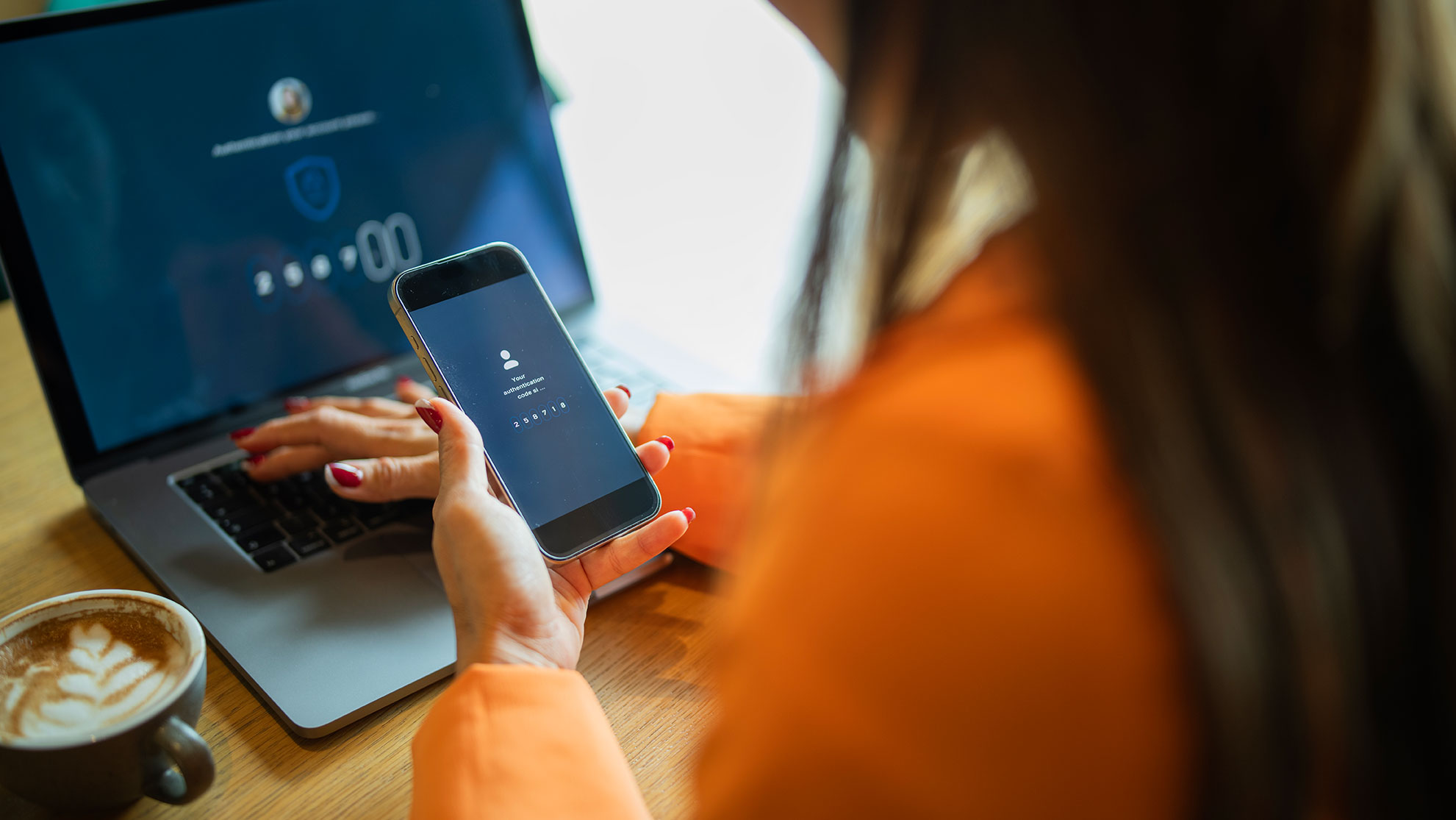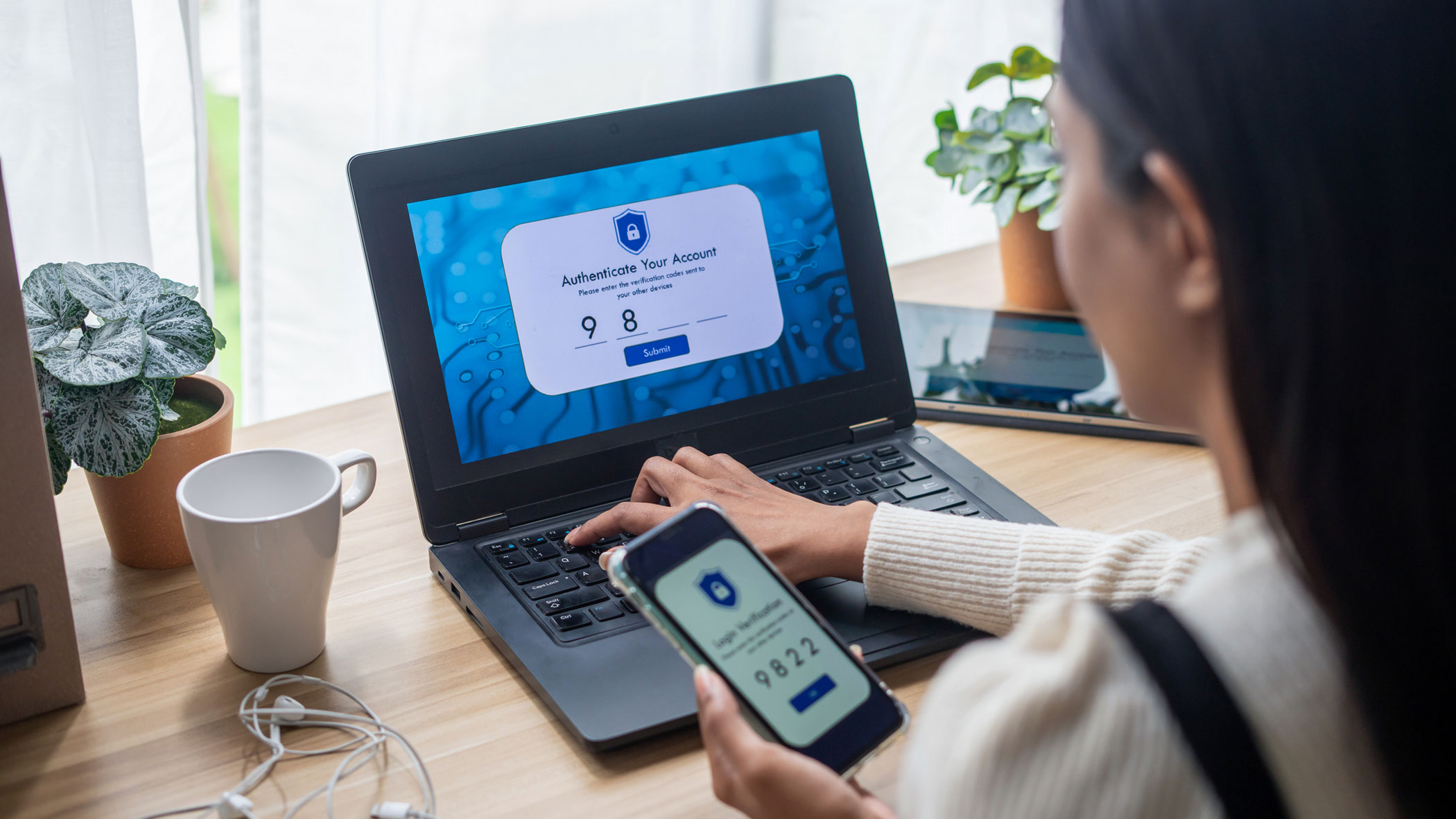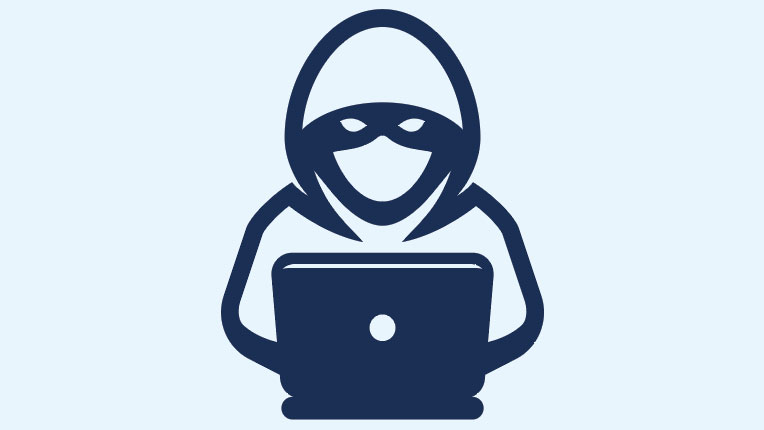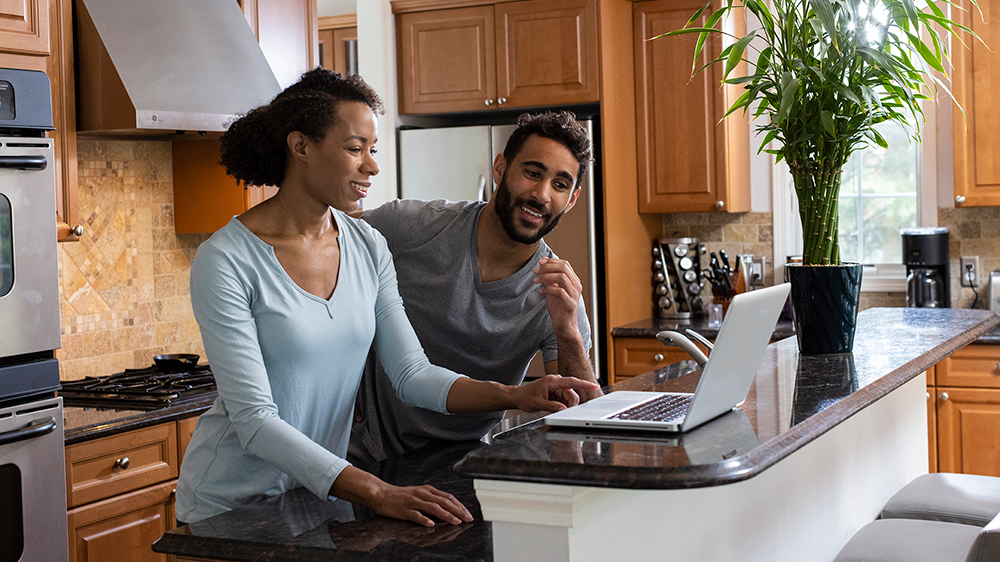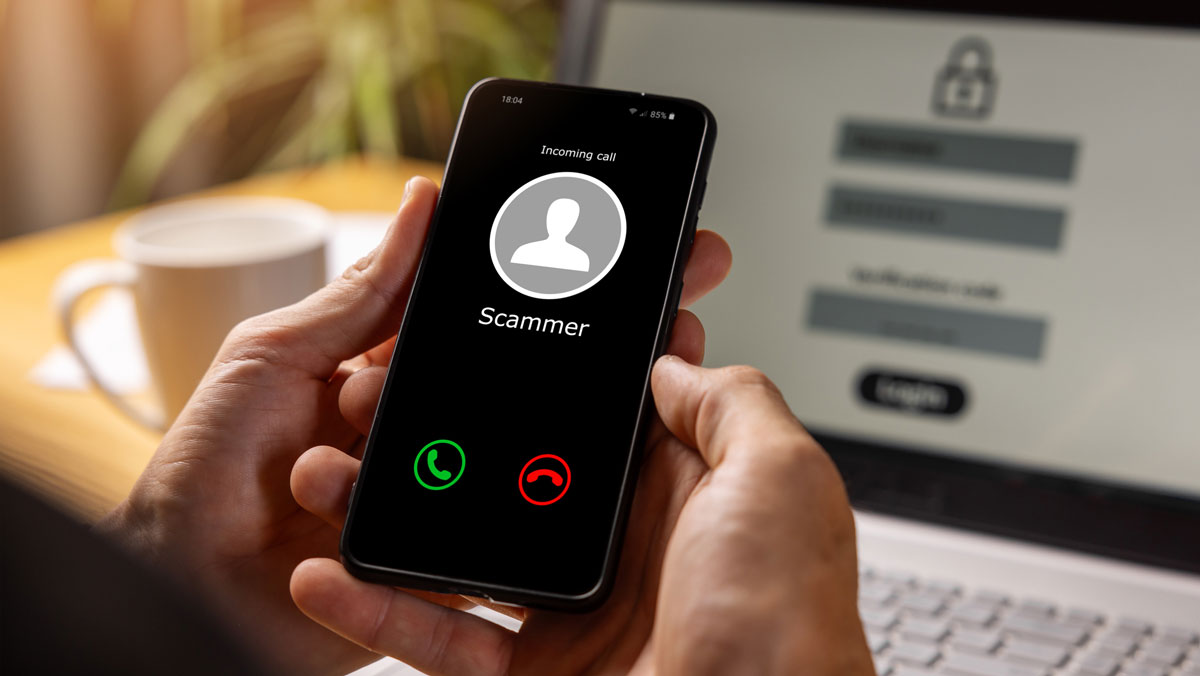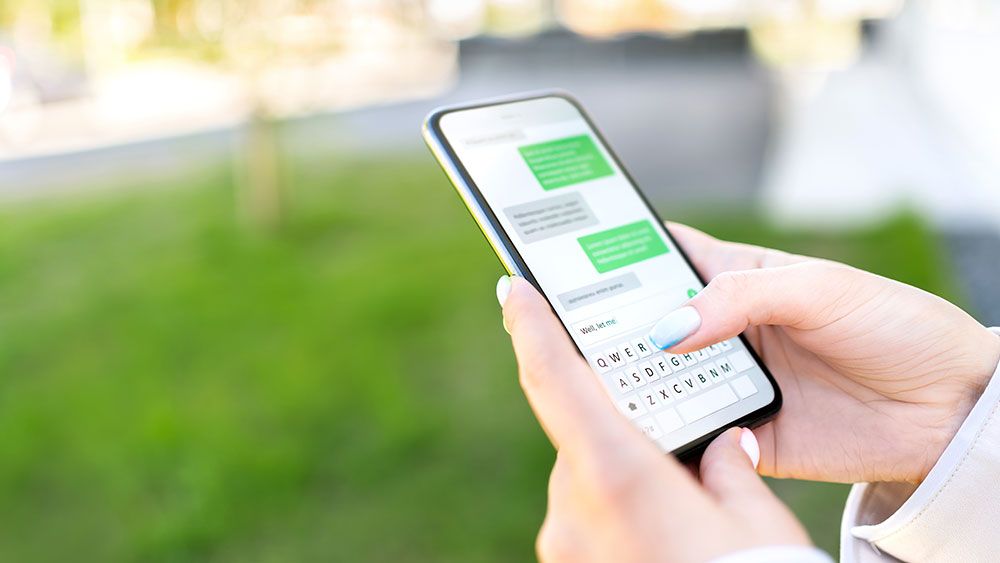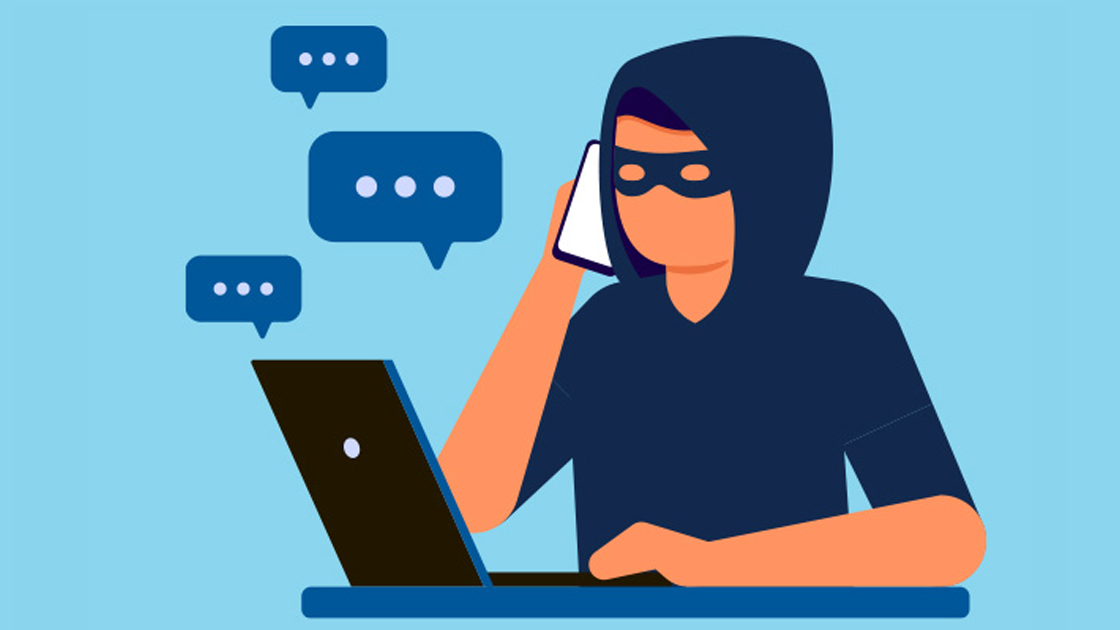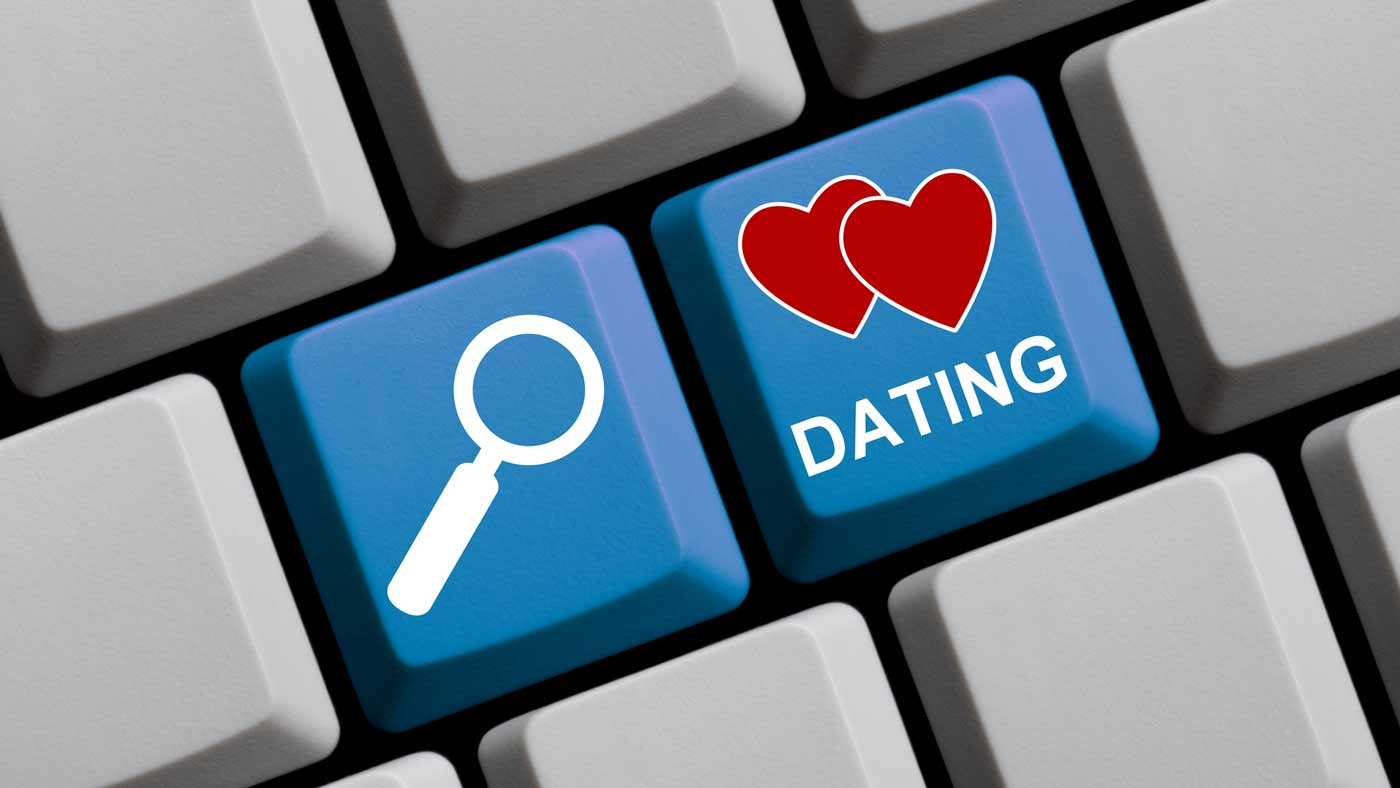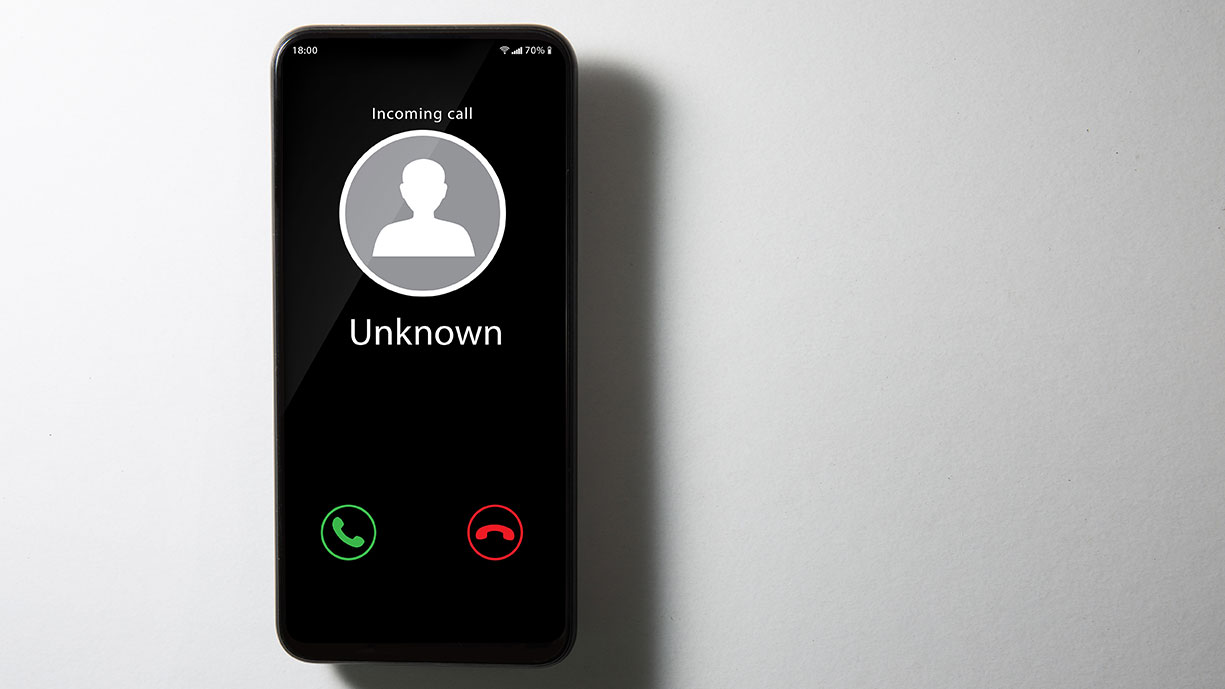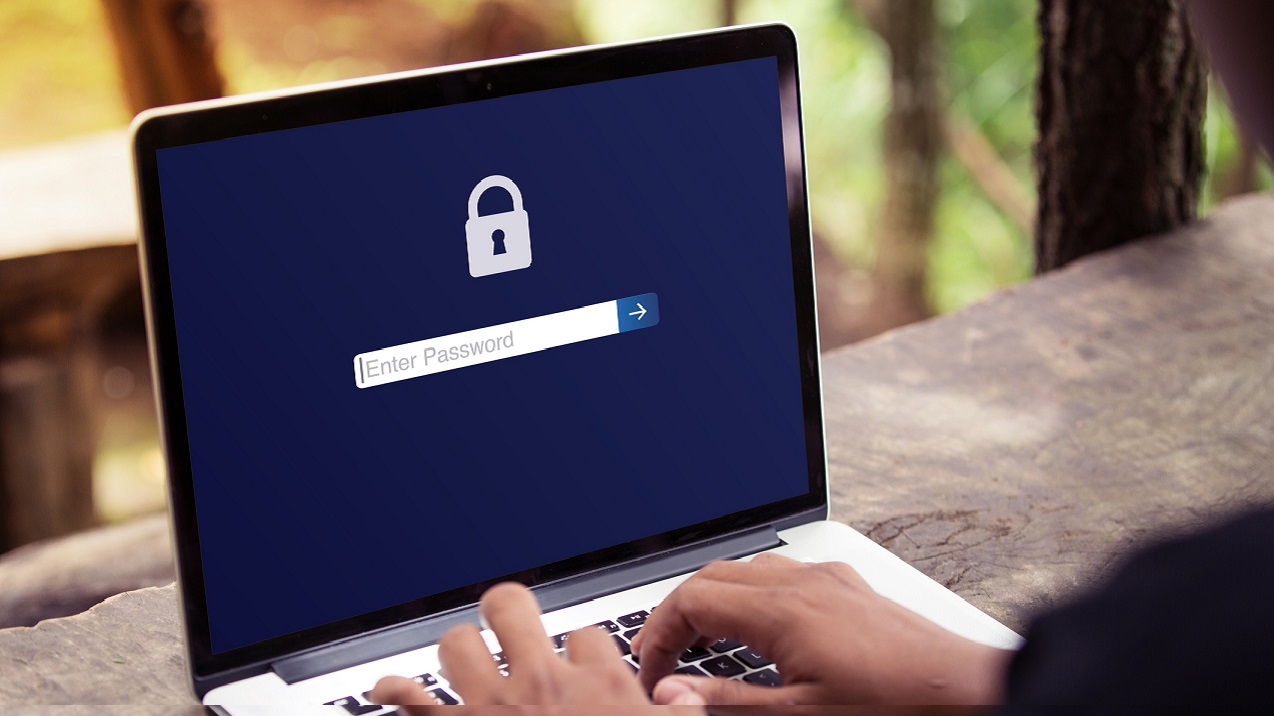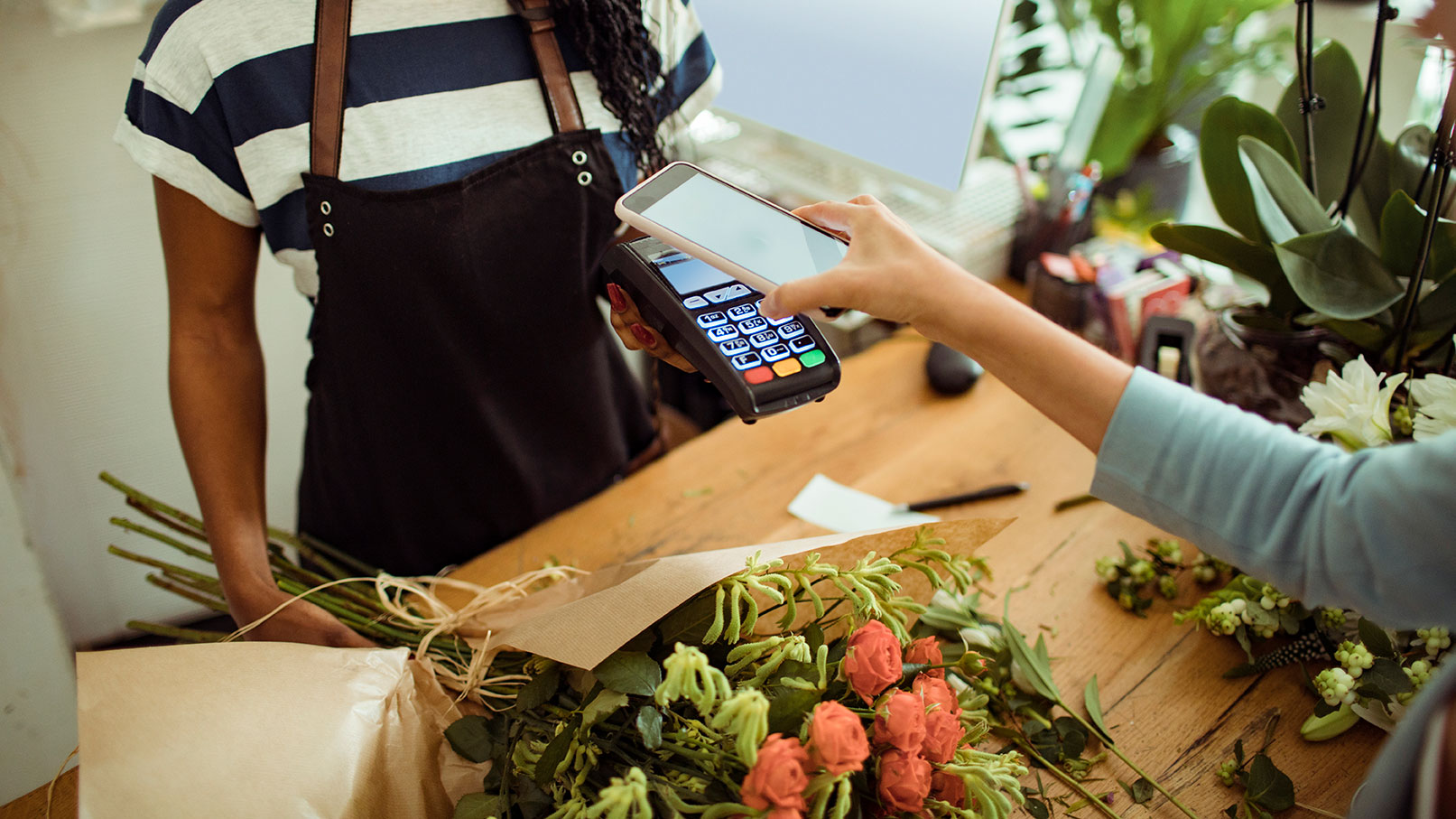
Our computers and phones hold a lot of data. From passwords to credit cards and account information. With the ever-increasing number of scams and online threats, it is crucial that you take every step to secure your accounts. Follow these five simple tips to help protect yourself online.
Secure your passwords with an online password manager
Online password managers are a much safer option compared to keeping a list of passwords around the house that anyone can access or putting them in an unsecured notebook on your phone. Google Password Manager and iCloud Keychain are great options to securely store your passwords on your mobile device.
In addition, be sure to check your account settings within your apps to enable two factor authentication (sometimes this is referred to as two step authentication or multi-factor authentication). Enabling this option provides an added layer of security by sending authorization codes to your preferred method of contact when you login. This aids in protecting your accounts should someone get ahold of or guesses your password.
To further protect your account, new logins and certain actions (such as transferring money to someone) in MSGCU’s Online or Mobile Banking may prompt MSGCU to send you a one-time personal identification number (PIN). You will receive this authorization code through your preferred contact method to complete your login or action.
Tip: You should never share your passwords or PINs with others. If you receive a PIN without trying to log in or perform certain actions, you should report this to MSGCU. Should this happen to you, it is advised that you change your password proactively to keep your account safe. Remember, MSGCU will never ask for your online banking credentials, PIN, or online/mobile banking verification code.
Use strong passwords
It is important to create strong passwords to better secure your accounts. When creating a password, use a combination of uppercase and lowercase letters, numbers, and special characters. You can even use an acronym only you will know. For example: if I love MSGCU! is easy to remember, a password like iLmyMsGcU1!:) would be a strong password.
Tip: Use an online password manager to create and store new, different (and strong) passwords. Alternatively, simply adding a smile, wink, or special character(s) to your password increases complexity significantly.
Do NOT use the same password
When you use the same password for every website, your accounts are more vulnerable if your password is compromised. Using different, strong passwords will make it harder for hackers to gain access to all your accounts, which makes your accounts more secure.
Avoid suspicious links and file downloads
Avoid clicking on links and downloading files from emails and texts you don’t expect to receive or that are suspicious. This is a common scam known as phishing. Phishing is an attempt to acquire sensitive information by sending emails, texts, or making phone calls that appear to come from a reputable source, such as the credit union, utility company, or other business with whom you may interact. These types of messages often include links and would direct you to websites that look like sites you often visit. Read MSGCU's blog post to learn more about phishing scams.
Tip: If you get an email or message on social media from a friend or family member that seems strange, contact them directly before clicking on links or downloadable content.
It is also important to also avoid clicking on or entering card information into unsecure websites. When a website is unsecure, there is a chance that someone can view your information. Secure websites will often display a lock near the website address. Learn more about the differences between secure and dangerous websites, including additional statuses for unsecure websites.
Keep software up to date
Keeping your computer and mobile device software updated ensures your device and data are secure. Software updates often contain security updates to protect you from hackers.
Tip: Search System Updates in your device settings to check for software updates.
Starting with these small changes will aid in securing your accounts and protecting you online.
Additionally:
- Never give your online banking credentials or ATM PIN to anyone, even trusted friends or family members.
- MSGCU will never ask for your online banking credentials, PIN, or online/mobile banking verification code.
- Update your password to Online or Mobile Banking if you believe your account has been compromised.
- Contact MSGCU immediately if you think you’ve been a victim of a scam.
Category: Security
« Return to "Blog"

